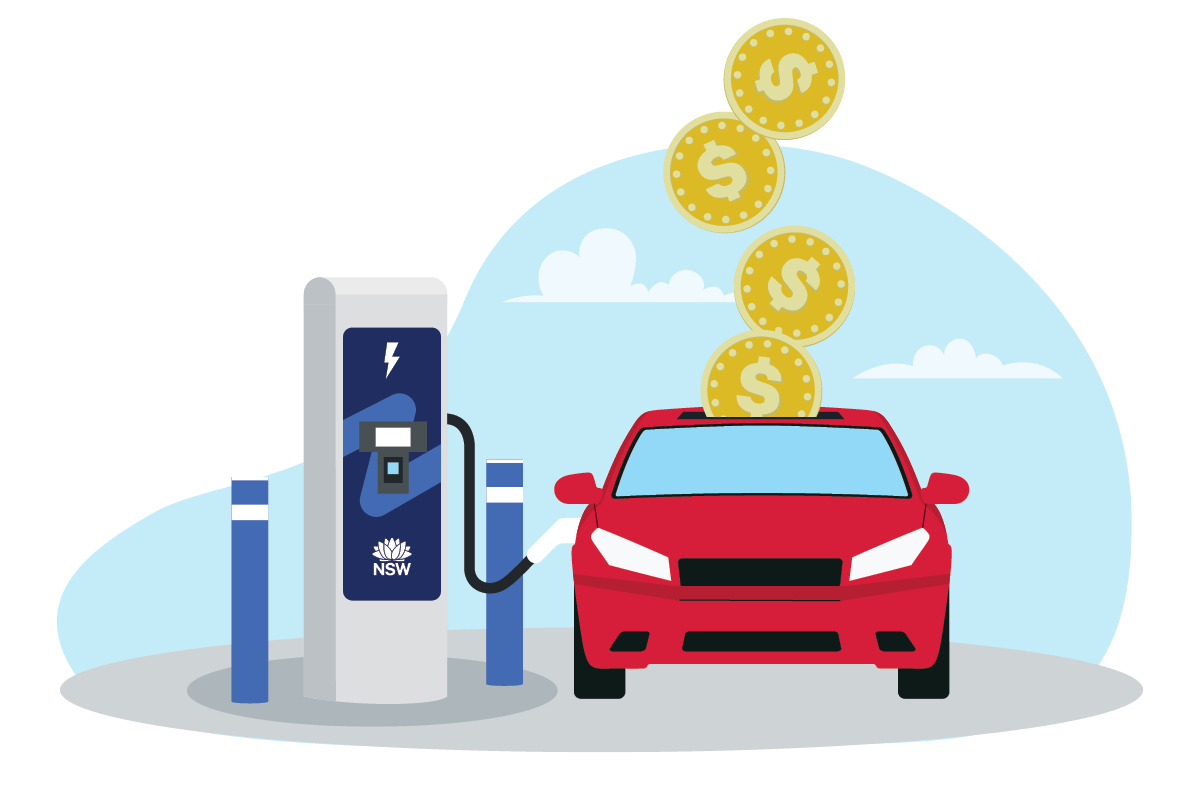Electric cars have become extremely popular in recent years because they are a sustainable and environmentally friendly alternative to petrol cars. Many people agree that electric cars are better for the environment, but they can be expensive to purchase initially. This article discusses the various factors that influence the cost of an electric car so you can make an informed choice.
1. Battery Technology
Batteries ensure that electric cars can drive. Electric vehicles are becoming increasingly popular, thanks in large part to advances in battery technology. A large part of those costs are in the lithium-ion batteries that are commonly used in electric vehicles. As technology continues to improve, prices should drop, making electric cars more accessible in the future.
2. Government Benefits
Many governments around the world offer tax breaks to people who buy electric cars. This incentive can take the form of tax breaks, rebates, or lower registration fees. It is important to understand and take advantage of these incentives as they can significantly reduce the initial cost of purchasing an electric vehicle.
3. Charging Infrastructure
There are more costs than just the purchase price of an electric car. Whether you use a public charging station or set up your own at home, you may have to spend more money. But over time, the money you save on fuel costs can cover starting costs.
4. Maintenance Costs
Electric cars usually have fewer working parts than regular cars. This means the car requires less maintenance during its lifespan. Electric cars can save you money in the long run because they have fewer defective parts.
5. Resale Value
What is the resale value of an electric car? While they may cost more initially, they can be worth more than regular cars when sold. Electric cars are still very valuable in the used car market, thanks to better battery technology and more people wanting to buy them.
6. Total Cost of Ownership
When calculating the cost of an electric vehicle, it is important to consider the total cost of ownership (TCO). TCO takes into account more than just the price of the car itself. It also includes the cost of fuel, repairs, insurance, and any winnings. Numerous studies show that electric cars can save you money in the long run compared to gasoline-powered cars. This makes them a great purchasing option.
7. Good for the Environment
The environmental benefits of electric vehicles are worth considering, even if they have nothing to do with price. Reducing fossil fuel use and reducing greenhouse gas pollution can help the planet in the long run. Some people are willing to pay more for electric cars because they are better for the planet.
8. Technological Progress
The automotive industry is constantly changing as technology continues to evolve. As the science behind electric vehicles improves, car companies can find ways to make them faster and cheaper. While keeping an eye on how technology is changing, you can discover the best time to buy an electric car.
9. Payment Method
Another thing to consider is how to pay for an electric car. Electric cars are easier for more people to buy because some banks offer special financing options or lower interest rates for electric cars. Check out these financing options to make the switch to electric vehicles more affordable.
10. Customer Reviews and Their Satisfaction Level
Before making a choice, it may be useful to read reviews and satisfaction surveys about different electric car models. By seeing what other owners have to say about their experiences, you can gain insight into any hidden costs, how satisfied other owners are, and how the car performs in real life.
Conclusion
The initial cost of an electric vehicle may seem daunting, but a more thorough analysis, taking into account many factors, reveals a more complex and positive picture. As technology advances, government benefits improve, and people become more concerned about the environment, electric vehicles become more cost-effective. People looking to buy can make a choice that fits their budget, values, and long-term financial goals when they consider all costs. Buying an electric car is not only a step towards greener transportation, but it is also a smart investment in the future.
FAQs
1. Why are electric cars more expensive than regular cars?
The complex battery technology used in electric vehicles is a major reason why the upfront costs are so high. As battery technology improves and production levels increase, prices are likely to fall.
2. Are there tax breaks or other government incentives for buying an electric car?
Many governments offer incentives such as tax breaks, rebates, and lower licensing fees to encourage people to buy electric vehicles. To avoid upfront costs, it is important to research and leverage these benefits.
3. Are electric vehicles cheaper to maintain?
Electric cars generally have lower maintenance costs than regular cars. When a car has fewer moving parts and less wear and tear, maintenance costs are generally lower over its lifespan.
4. How does the total cost of ownership (TCO) of an electric car compare to that of a regular car?
Research shows that electric vehicles can be more cost-effective in the long run when you consider the total cost of ownership, including insurance, maintenance, gas, and any incentives.
5. Is there a market for second-hand electric vehicles?
Yes, the market for used EVs is growing. Used car batteries remain highly valuable due to factors such as better battery technology and increased demand.
6. What types of loans are available for the purchase of an electric car?
Some banks offer special financing options or lower interest rates for people who want to buy an electric car. Looking at these financing options can make purchasing an electric car more affordable.

